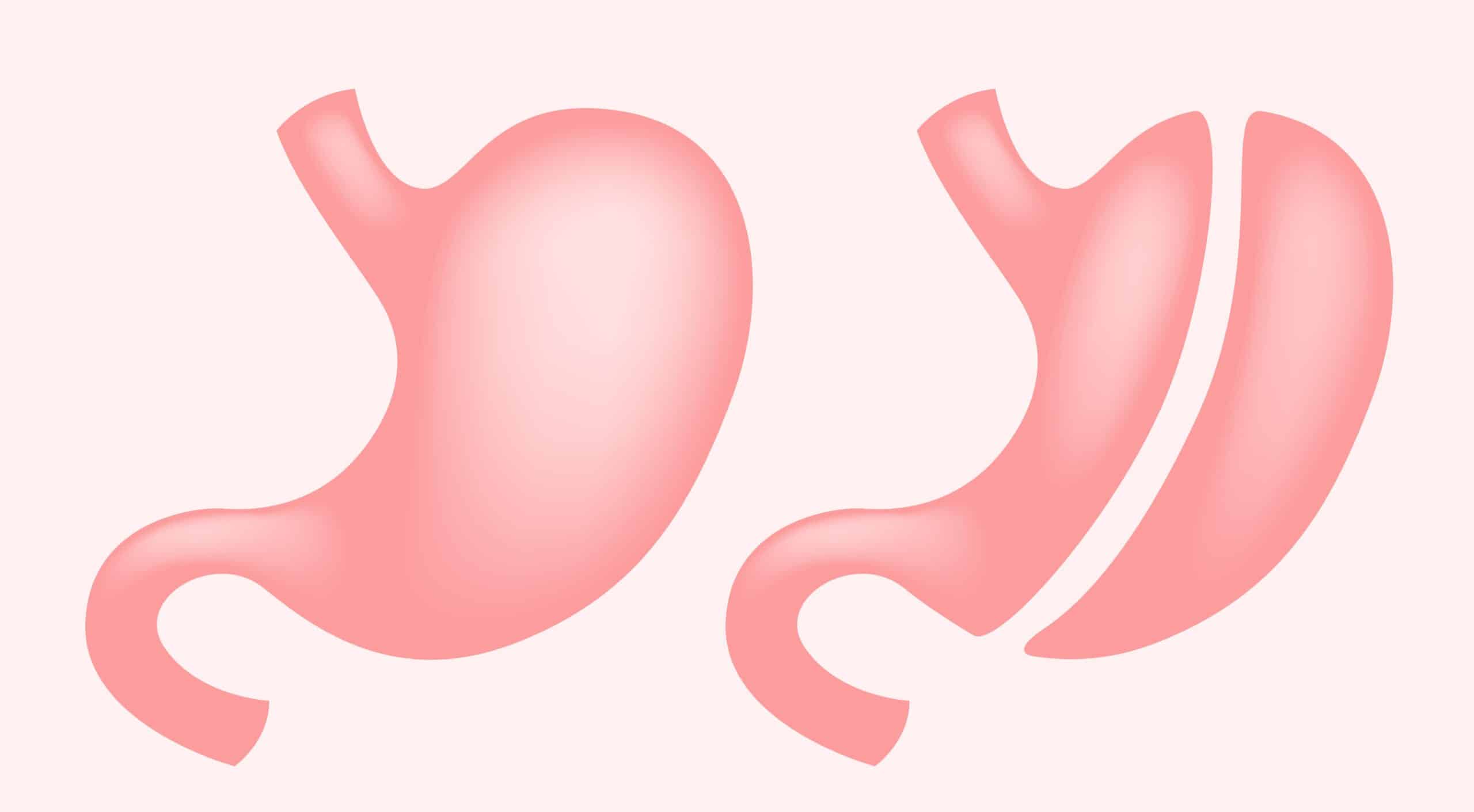The truth about body diversity in eating disorders
When you imagine someone with an eating disorder, you might visualise an emaciated young white woman. This is a common stereotype but it’s completely inaccurate! Eating disorders affect people of all ages, genders, ethnicities, and body sizes. For the purposes of this article, we’ll be focussing our myth-busting on the latter.
A disclaimer to start with: In this article, we’ll be describing different body shapes and sizes, and have endeavoured to do this as inclusively as possible. However, there are times when we use the terms “obese” and “overweight” in a biomedical context. We have kept these in quotations to acknowledge how stigmatising these labels are and to indicate that BMI categories are arbitrary. To learn more about this, check out our recent article about the reliability (or lack thereof) of BMI: We also use the term “fat” as a neutral descriptor, as many people with lived experience have expressed their preference for this terminology.
Do you need to be underweight to be diagnosed with an eating disorder?
“Obesity” is NOT an eating disorder and it is NOT the opposite of anorexia nervosa.
Eating disorders occur across the weight spectrum. In fact, less than 6% of people with an eating disorder are underweight.1
Unfortunately, the diagnostic criteria for anorexia nervosa (AN) has not yet caught up to 2021, with the DSM-5 (the current diagnostic manual for mental illnesses) still requiring a BMI of less than 18.5 in order to diagnose it. People who meet all of the criteria for AN but are at a higher body weight are instead diagnosed with “atypical anorexia nervosa”.
Not only is this separation of diagnoses unnecessary (and we’ll get into why later on!) but it’s a huge problem in terms of treatment. For example, in order to access NHS-funded treatment for anorexia in the UK, individuals require an “underweight” BMI.2
We’re as frustrated by this as you are, and we are advocating for the diagnostic criteria of eating disorders to be inclusive of all body sizes!
Do all people in larger bodies have binge eating disorder?
One of the major myths we need to dispel is the idea that the only eating disorder that a fat individual can have is binge eating disorder (BED). Branching off from that, there is even the myth that all people in larger bodies have BED. These are both simply untrue!
BED can occur at any body size. Additionally, there are many reasons why a person might be in a bigger body, which may or may not be related to their eating behaviours. Body diversity is a natural phenomenon – just as some people are naturally thin, others are naturally fat. Both are okay!
Why do eating disorder diagnoses need to be weight inclusive?
Eating disorder diagnoses are often missed or dismissed in larger-bodied people.
As a society, we encourage fat people to engage in the same behaviours that result in an eating disorder diagnosis in thin people. This is thanks to diet culture, which promotes that it is better to be thin and have a toxic relationship with food than it is to be fat and have a positive relationship with food.
Many people in larger bodies with eating disorders report traumatic experiences when they attempt to seek treatment. This is a result of not only the untrue stereotypes around eating disorders, but also anti-fat bias. As part of this, many struggle with feeling like they’re not “sick enough” to deserve help. This is compounded by their experiences in treatment, such as being provided low-calorie meals, being encouraged to skip dessert or even receiving praise from health professionals for their disordered behaviours.
This is despite their eating disorders being just as severe in terms of medical complications as those who present at a lower BMI.3 These complications can include amenorrhea (loss of menstruation), decreased bone density, loss of lean tissue, gastroparesis (delayed stomach emptying) and irregular heart rhythm.
All people with eating disorders, despite their body size, are in a state of starvation.
If you have an eating disorder and are in a larger body, please know that your experience is valid. There is nothing wrong with your body. You are sick enough to get help. You are worthy of treatment.
Our expert dietitians can support you on your journey to recovery. Get in touch with us at [email protected] to chat with us about how we can help you.
Karli Battaglia MDiet, APD
EHL Team x
References
- Arcelus J, Mitchell A, Wales J, Nielsen S. Mortality Rates in Patients With Anorexia Nervosa and Other Eating Disorders. Archives of General Psychiatry. 2011;68(7):724.
- National Health Service. First Step: Information Pack for GP Referrers. Bristol: Mental Health Partnership NHS Trust; 2017.
- Neumark-Sztainer D. Higher Weight Status and Restrictive Eating Disorders: An Overlooked Concern. Journal of Adolescent Health. 2015;56(1):1-2.













